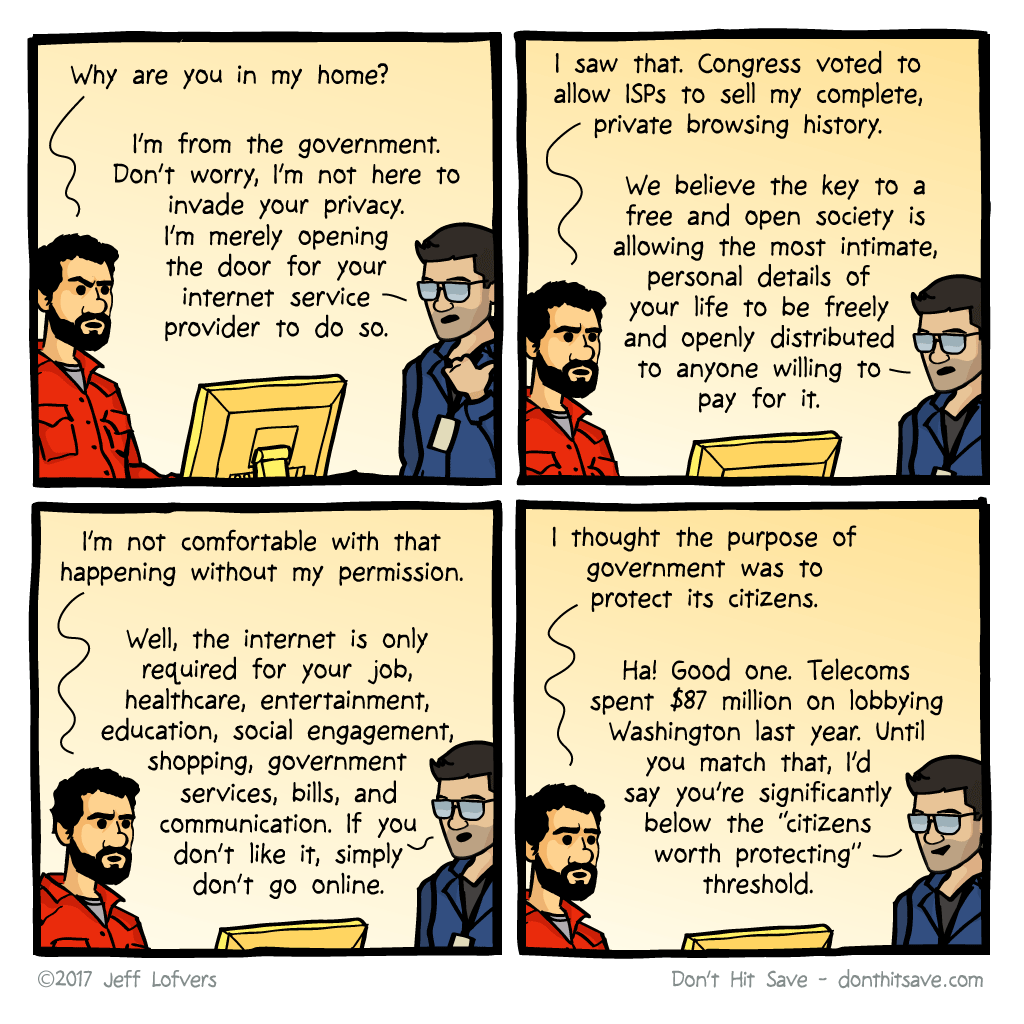Over the last twenty-five
years search engines like Google and social networking platforms like
Facebook and Twitter have reshaped the world. Commerce, education, journalism
and social movements depend on them, and so does Democracy. As we
consider what regulation and oversight need to be imposed on internet service
providers and big media companies, we must look at what they actually do. China
is a good case to consider.
The repressive Chinese
government uses censorship and intimidation as methods of controlling political
dissent. While many Americans probably consider that to be anti-democratic and
authoritarian, they might concede that the Chinese government is entitled to
enforce its own laws within its borders. A question arises when private, for
profit corporations, which are not Chinese, do that government’s dirty work for
them.
One case to consider is that
of Professor Guo Quan, a Chinese National who dared speak against his
government, even going so far as to found an opposition political party, the
New People’s Party.
According to February 2008 article by Jane McCartney from the Times in Beijing, Professor Quan’s name was blocked from searches on Yahoo and Google. Quan’s answer was to file a civil suit against them in US court stating, “They have violated my political rights. I am opposed to violence and dictatorship but these sites have blocked me….To make money, Google has become a servile Pekinese dog wagging its tail at the heels of the Chinese government.” Unfortunately, Professor Quan was arrested for ‘subversion of state power,’ and is presently serving a 10 year prison sentence. Here’s the progression of events:
According to February 2008 article by Jane McCartney from the Times in Beijing, Professor Quan’s name was blocked from searches on Yahoo and Google. Quan’s answer was to file a civil suit against them in US court stating, “They have violated my political rights. I am opposed to violence and dictatorship but these sites have blocked me….To make money, Google has become a servile Pekinese dog wagging its tail at the heels of the Chinese government.” Unfortunately, Professor Quan was arrested for ‘subversion of state power,’ and is presently serving a 10 year prison sentence. Here’s the progression of events:
Quan criticizes his governmentà His government gets Google and Yahoo to delete
him from the public recordà Quan
sues Google and Yahooà His
government throws him in prison for a decade.
So why should this matter to
Americans? Six months ago I might have thought such a scenario was highly
unlikely in the US. It’s amazing how quickly circumstances can change.
Free speech
is fundamental to democracy. A century ago the US Postal
Service kept us connected. With the advent of radio and TV the US
government declared the airwaves a public trust. The infrastructure of
our communication system is the platform of our social discourse, and as
such should be: state of the art, accessible to all and owned by
the citizens.
Things that the US government
cannot do, whether because they are illegal or politically undesirable,
might be done by private corporate persons acting on the government’s behalf.
This is extremely troubling for a number of reasons. It creates opportunities for
collusion between corrupt or authoritarian government and corporations
seeking to extend profits. What's more dangerous, and far less
understood, is that when an industry is first coming to
market their practices, the consumer's expectations and
models for that business- government interaction are not yet defined.
With few rigid guidelines in place, practices which serve the corporation
or are useful to the government usually become codified as
standards for the emerging industry. Historically when this happens the independent media alerts the citizens of abuse or collusion, inspiring the citizens to
demand reform and regulation for the industry by their government. When
the industry in question is the media, or the information
infrastructure itself, we must be especially diligent.
On January 17, 2012 Rebecca MacKinnon, author of, Consent of the Networked: TheWorldwide Struggle for Internet Freedom, was interviewed by Democracy Now.
She had this to say, “If we want democracy to survive in the internet age, we really need to work to make sure that the internet evolves in a manner that is compatible with democracy." MacKinnon points to the insidious nature of the state’s use of the private sector to conduct its surveillance or censor its people’s social discourse. We in the United States must place the spirit of our First Amendment squarely above any business concern, political whim or bureaucratic expediency.
She had this to say, “If we want democracy to survive in the internet age, we really need to work to make sure that the internet evolves in a manner that is compatible with democracy." MacKinnon points to the insidious nature of the state’s use of the private sector to conduct its surveillance or censor its people’s social discourse. We in the United States must place the spirit of our First Amendment squarely above any business concern, political whim or bureaucratic expediency.



No comments:
Post a Comment